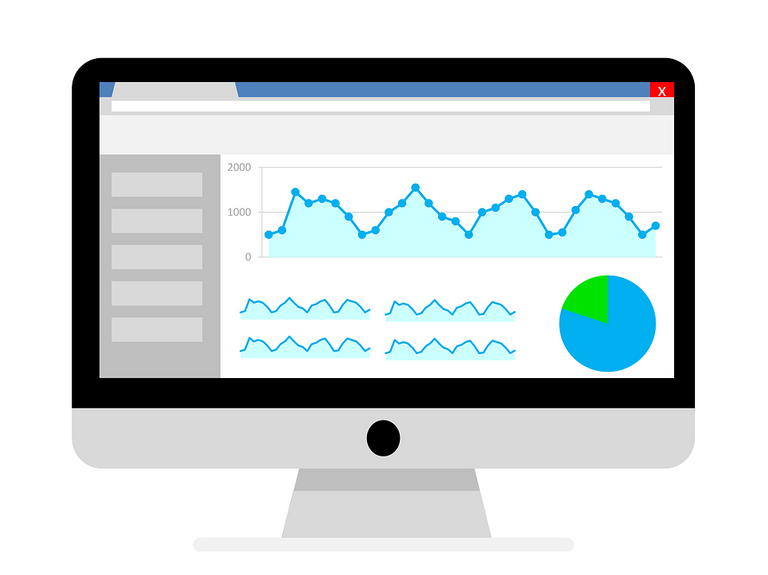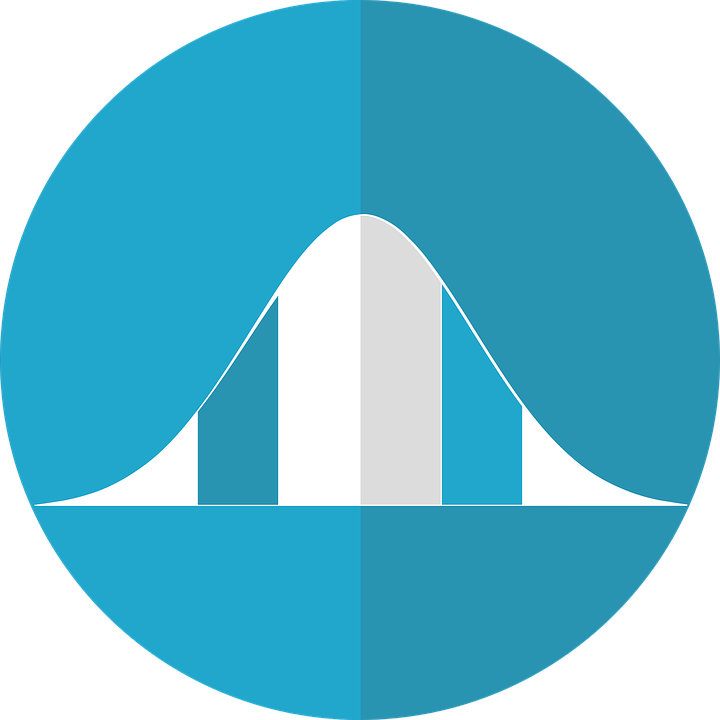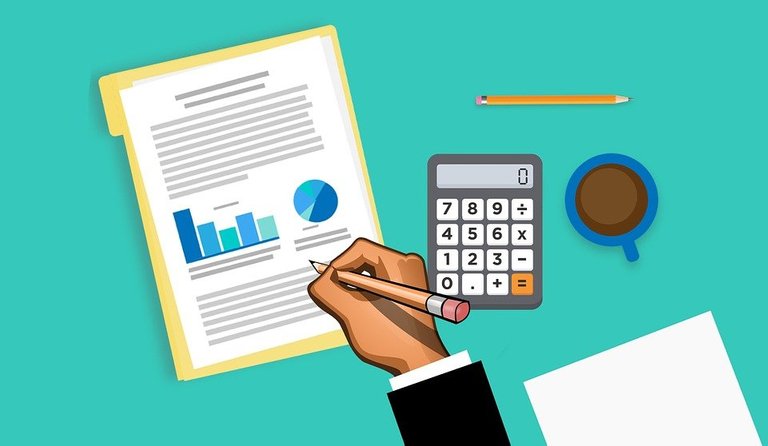Finding The Mean In Grouped Interval Data
Hi everyone. In this short mathematics post, I cover the topic of computing the mean/average in grouped interval data.

Grouped Interval Data
Interval data is where you have counts or frequencies for different ranges. You can have age groups such as 18 to 28, 28 to 38, 38 and 48 all the way to 98 to 108 years old with counts for a survey as an example. Another example would consist of have years in different intervals such as 1950-1960, 1960-1970, 1970-1980, 1980-1990 and 1990-2000 with counts.

Example
This example was based on a problem I helped a student with in my side tutoring work.
You have date ranges and the number of coins from each date range. When it comes to grouped interval data you have incomplete information. It is incomplete as you do not have information on the dates of each coin. You just have the counts of the coins that go with each date range.
| Date Range | Frequency |
|---|---|
| 1960 to 1969 | 6 |
| 1970 to 1979 | 21 |
| 1980 to 1989 | 42 |
| 1990 to 1999 | 56 |
There are 125 coins in total.
Obtaining the mean with this type of data is not as simple as adding all the values and dividing by 125 from the regular mean. There are a few more calculations involved.
From the 1960 to 1969 date range find the midpoint or middle date form this date range. This would be 1964.5 (1960 + 1969 then divide by two). Multiply this 1964.5 with the frequency of 6. This would be 1964.5 x 6 = 11787.
From 1970 to 1979, the midpoint would be 1974.5. Multiply this by 21 to obtain 41464.5.
With the 1980 to 1989 date range the calculation would be 1984.5 x 42 = 83 349.
For the 1990 to 1999 interval the calculation would be 1994.5 x 56 = 111 692.
| Date Range | Product Values = Midpoint x Frequency |
|---|---|
| 1960 to 1969 | 11787 |
| 1970 to 1979 | 41464.5 |
| 1980 to 1989 | 83 349 |
| 1990 to 1999 | 111692 |
To compute the mean date for these 125 coins you add up all the product values and then divide by 125.
This would be 248 292. 5 ÷ 125 = 1986.34. You could round down to get the mean year of 1986.

Posted using STEMGeeks
Thanks for your contribution to the STEMsocial community. Feel free to join us on discord to get to know the rest of us!
Please consider delegating to the @stemsocial account (85% of the curation rewards are returned).
You may also include @stemsocial as a beneficiary of the rewards of this post to get a stronger support.